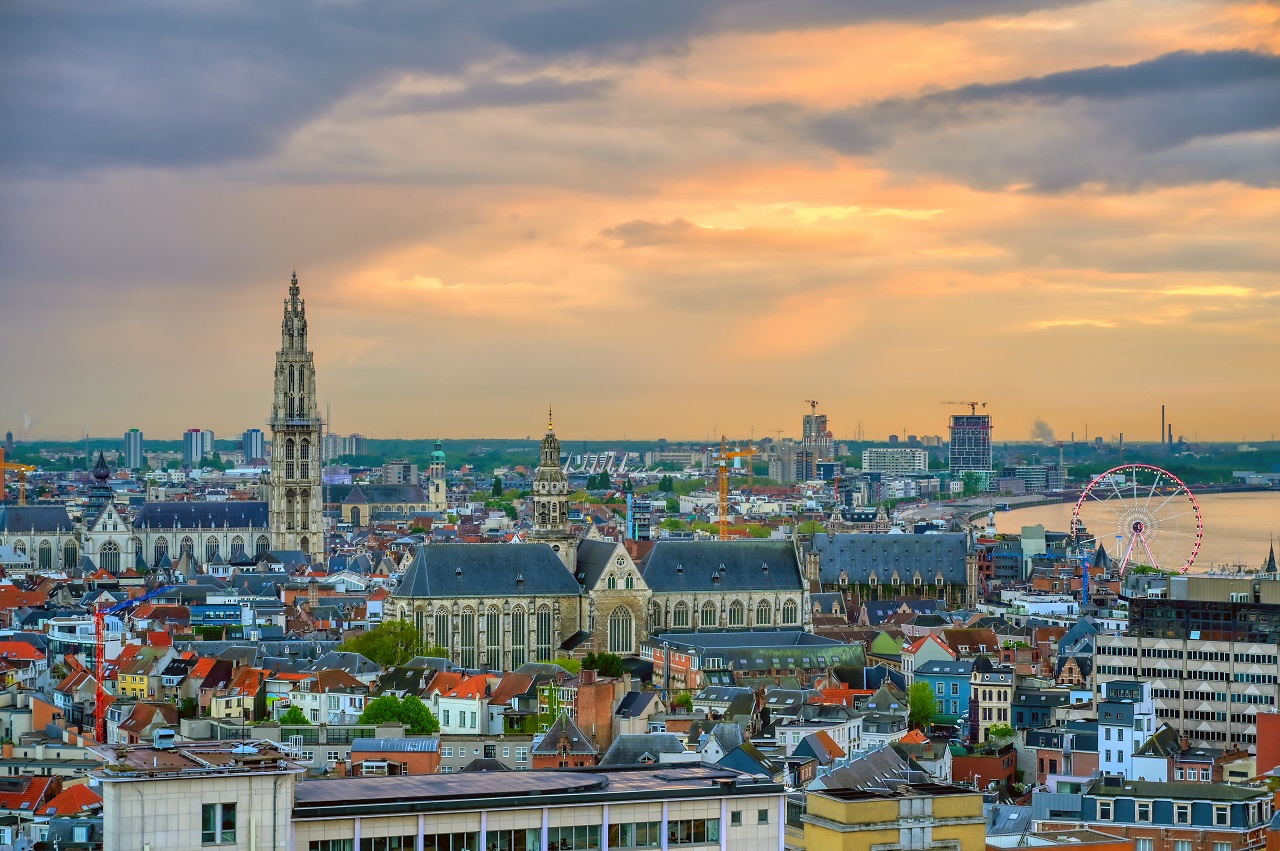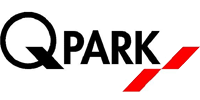Q-Park and the City of Antwerp Collaborate on an Integrated Mobility Plan for Berchem
Free parking is not a sustainable solution. That is why Q-Park and the city of Antwerp are reducing the parking pressure in Berchem with advantageous resident subscriptions.

'Free parking in Berchem?' – How Q-Park and the city of Antwerp are working together towards an integrated mobility policy (but cannot do it for free).
Recently, VRT NWS reported on a political idea to relieve parking pressure in Berchem by making part of our parking free for residents. That proposal confirms what we at Q-Park often notice: that people are not always aware of the economic reality of such 'off-street' parking facilities. That is why we are happy to take the opportunity to increase that knowledge.
As Q-Park, we build and manage such car parks as a private party. But in many cities, and certainly in Antwerp, this is done in close consultation with local governments - and ideally at the earliest possible stage of their mobility plans. At Q-Park , we believe that you should not only view the moving car, but also the stationary car as an integral part of every local mobility issue.
More about this - and more specifically about the advantage of built (off-street) parking facilities over 'on-street' parking - in this article on our website.
In terms of mobility, parking pressure is one of the most important issues for city residents – also in Berchem. There, and in many other places such as in Brussels and Hasselt, Q-Park has agreements with the city: anyone living within a radius of 500 meters of Q-Park Berchem Station parking, for example, can already park there today at a greatly reduced rate. In this area too, Q-Park (offers affordable subscriptions) and the city (provides an additional subsidy of €15 in the remaining price; total price is €100 per month for the resident) find each other. In this way, together we ensure that residents can park close to home and we reduce the nuisance of cars driving around in circles looking for a parking space. The more people park off-street, the more public space is freed up above ground.
However, doing this for free is not possible - we hope that everyone, citizens and politicians, understand that. Free is not possible for two reasons.
Economic. There is a lot involved in a parking facility - the strategic development of the implantation and accessibility, the actual construction, the operation, the maintenance, the safety, etc. As a private company, we invest heavily in this, in close consultation with the government to optimally meet local needs. In many cases, these needs go beyond parking. Many Q-Park car parks, especially our Mobility Hubs, combine car parking with alternative mobility solutions, for example.
Mobility. No matter how smart we build, the space in the city will never be unlimited. It is therefore important that cities offer options tailored to different needs: those who want to park in the city must be able to do so and will pay a certain price for that comfort. For those who do not want or cannot do so, there must also be cheaper and well-organised P+R options outside the city.
In short, regulating parking properly is one of the urban challenges of our time. To tackle it, you need not only the government, but also a healthy private sector that works together strategically and operationally smartly – which is already happening in many cities.
About Q-Park
Q-Park is notable for its quality approach and has a portfolio comprising over 3,300 parking facilities with more than 640,000 parking spaces in the Netherlands, Germany, Belgium, Great Britain, France, Ireland, and Denmark.




Comments
There are no comments yet for this item
Join the discussion